I think, I can never earn over which I paid by my precedent employer, but I was wrong, world is so large to try their fate. but now I am making $52/h even more, and easily earn minimum $1300/week, on the experience everyone must try to do work online, easy way to earn, here's an example.
𝐰𝐰𝐰.Richnow1
10 Warning Signs Your Body Might Be Lacking Essential Nutrients
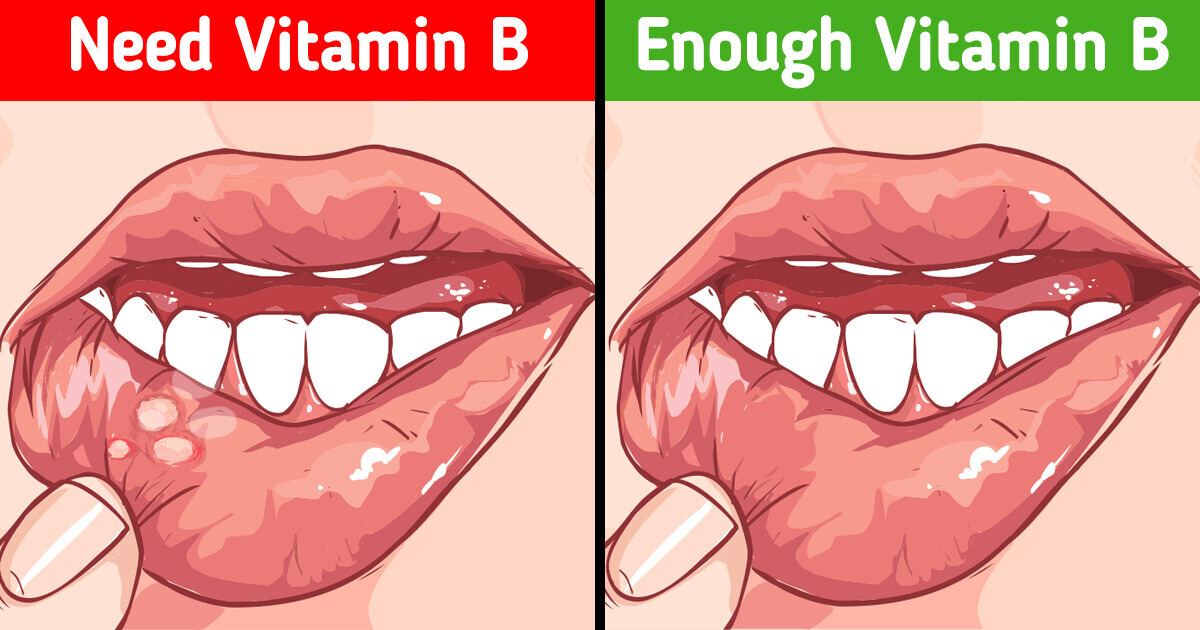
CONTENT IS PROVIDED FOR INFORMATIONAL PURPOSES ONLY AND IS NOT INTENDED AS A SUBSTITUTE OF MEDICAL ADVICE. SEEK GUIDANCE OF YOUR DOCTOR REGARDING YOUR HEALTH AND MEDICAL CONDITIONS.
1. Fatigue & Weakness → Iron Deficiency.

Feeling constantly drained? Iron deficiency can cause anemia, leading to extreme fatigue, weakness, dizziness, and pale skin. Without enough iron, your body struggles to produce hemoglobin, which carries oxygen to your cells.
Solution: Increase intake of red meat, spinach, lentils, and fortified cereals. Pair iron-rich foods with vitamin C sources like citrus fruits to enhance absorption.
2. Brittle Nails & Hair Loss → Biotin (Vitamin B7) Deficiency.
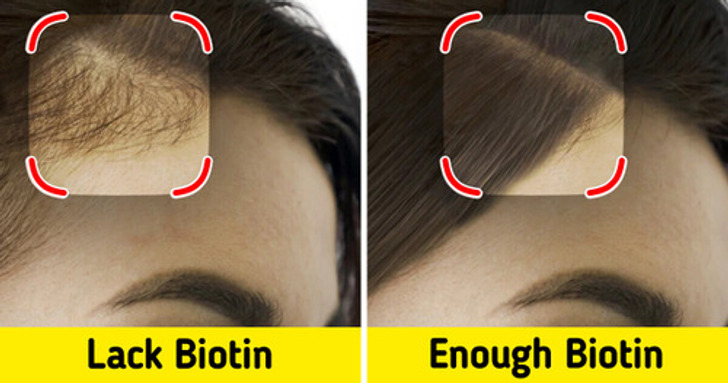
Splitting nails and thinning hair may indicate a lack of biotin, which is essential for keratin production and overall hair and nail health. Chronic biotin deficiency can also lead to skin rashes and neurological issues.
Solution: Eat more eggs, nuts, whole grains, and avocados. Consider a biotin supplement if your diet lacks variety.
3. Frequent Muscle Cramps → Magnesium, Potassium, or Calcium Deficiency.

If your muscles cramp often, you may be low on key electrolytes that help with muscle function and nerve signaling. Persistent deficiencies can lead to more severe muscle weakness and spasms.
Solution: Add bananas, leafy greens, dairy, and nuts to your diet. Stay hydrated and consider electrolyte supplements if cramps persist.
4. Cracked Lips & Mouth Sores → Vitamin B Deficiency.
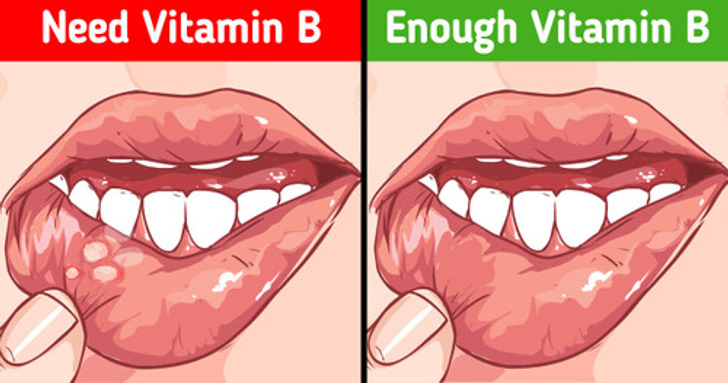
Painful cracks at the corners of your mouth or frequent canker sores can be a sign of low B vitamins, particularly B2 (riboflavin), B3 (niacin), and B6. These vitamins are crucial for skin health and energy metabolism.
Solution: Eat lean meats, dairy, mushrooms, and almonds. Supplement if you have absorption issues, such as with celiac or Crohn’s disease.
5. Poor Night Vision & Dry Eyes → Vitamin A Deficiency.
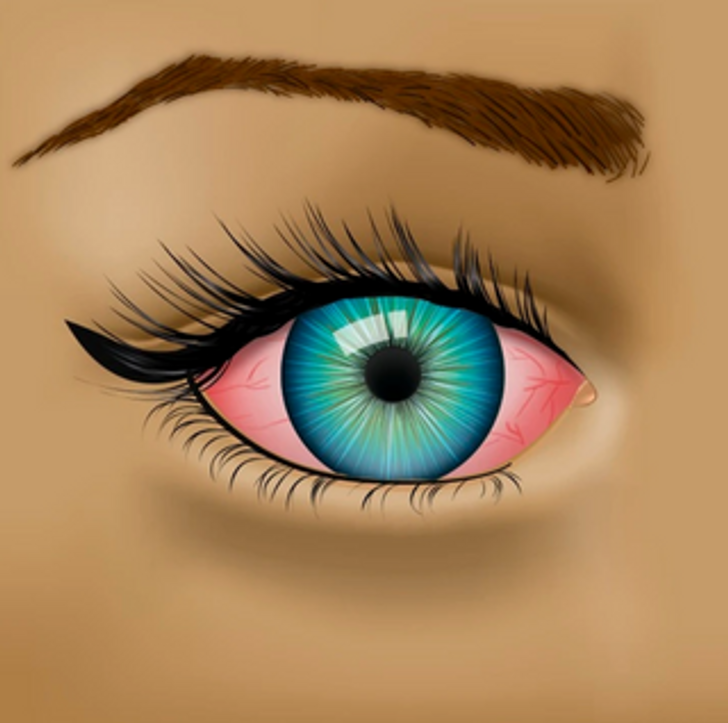
Struggling to see in dim light or experiencing dry, irritated eyes? You might be low on vitamin A, which is essential for eye health and immune function. Severe deficiency can even lead to night blindness.
Solution: Increase intake of carrots, sweet potatoes, dark leafy greens, and liver. Avoid excessive supplementation, as too much vitamin A can be toxic.
6. Numbness & Tingling → Vitamin B12 Deficiency.
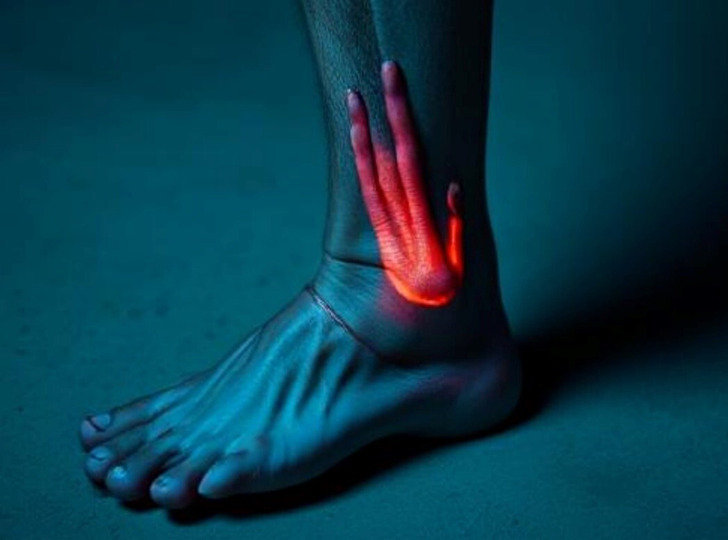
Tingling in your hands and feet, along with balance issues and memory problems, can indicate low vitamin B12. This vitamin supports nerve function and red blood cell production. Deficiency is more common in vegans and the elderly.
Solution: Consume more fish, eggs, dairy, and fortified cereals. Vegans should consider B12 supplements or fortified plant-based foods.
7. Easy Bruising → Vitamin C Deficiency.

If you bruise easily or your wounds take longer to heal, your body might be lacking vitamin C, which supports collagen production and immune health. Chronic deficiency can lead to scurvy, a condition marked by severe bleeding and gum disease.
Solution: Eat more citrus fruits, bell peppers, strawberries, and tomatoes. Smokers need extra vitamin C due to increased oxidative stress.
8. Bone Pain & Weakness → Vitamin D Deficiency.
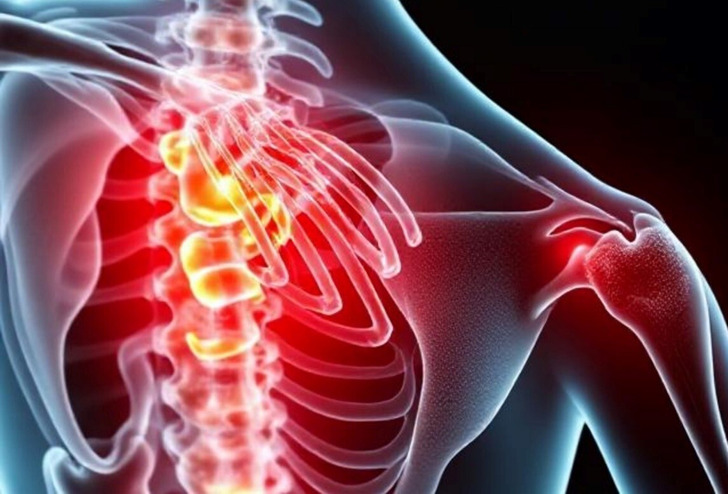
Frequent bone pain, fractures, or overall weakness could be a sign of low vitamin D, which is crucial for calcium absorption and bone health. Deficiency is common in those who get little sun exposure.
Solution: Get 10–30 minutes of sunlight daily and eat fatty fish, eggs, and fortified dairy products. Consider a vitamin D supplement, especially in winter months.
9. Persistent Skin Issues → Zinc Deficiency.
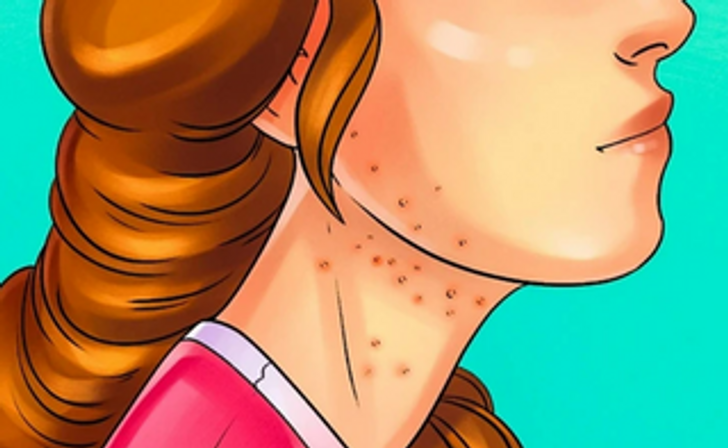
Acne, rashes, or slow wound healing could indicate a zinc deficiency. Zinc is essential for immune function, skin repair, and inflammatory response.
Solution: Increase intake of shellfish, nuts, seeds, legumes, and whole grains. Zinc supplements can help if you have digestive disorders affecting absorption.
10. Constant Sugar Cravings → Magnesium Deficiency.

Uncontrollable sugar cravings may be a sign of magnesium deficiency, which plays a key role in blood sugar regulation and insulin sensitivity. A deficiency can also contribute to mood swings and anxiety.
Solution: Eat more dark chocolate, nuts, whole grains, and avocados. Reduce processed sugar intake to prevent depletion of magnesium stores.
Feeling sluggish or noticing strange symptoms? They could be signs of nutrient deficiencies. If you’ve been experiencing any of the issues discussed, adjusting your diet to include the right foods can make a world of difference. For more signs, look here.
Comments
Related Reads
21 Unusual Objects We Didn’t Know We Wanted Until We Saw Them

15 Moments That Prove Kindness Holds Strong When Life Hits Hard

10 Jaw-Dropping Stories Where One Moment Changed Everything

12 Life Moments Where Quiet Kindness Played the Main Role

I Refuse to Forgive My Wife for What She Did to My Son

I Refuse to Work Three Unpaid Weekends to Prove Loyalty — HR Got Involved

I Funded My Wife’s Luxury Demands—She Made Me Regret Every Penny

I Won’t Sacrifice My Last Good Years Because My Son Refuses to Grow Up

My Cousin Uninvited Me to Save Money—My Petty Revenge Was Absolutely Worth It

I Refused to Let My Teenage Daughter Lock Her Phone, and She Turned My Rule Into a Family Crisis

My Husband Promised to Stop Watching Me Through the Cameras—He Lied

A Stranger Humiliated My Daughter at Disney World—He Picked the Wrong Mom to Mess With
